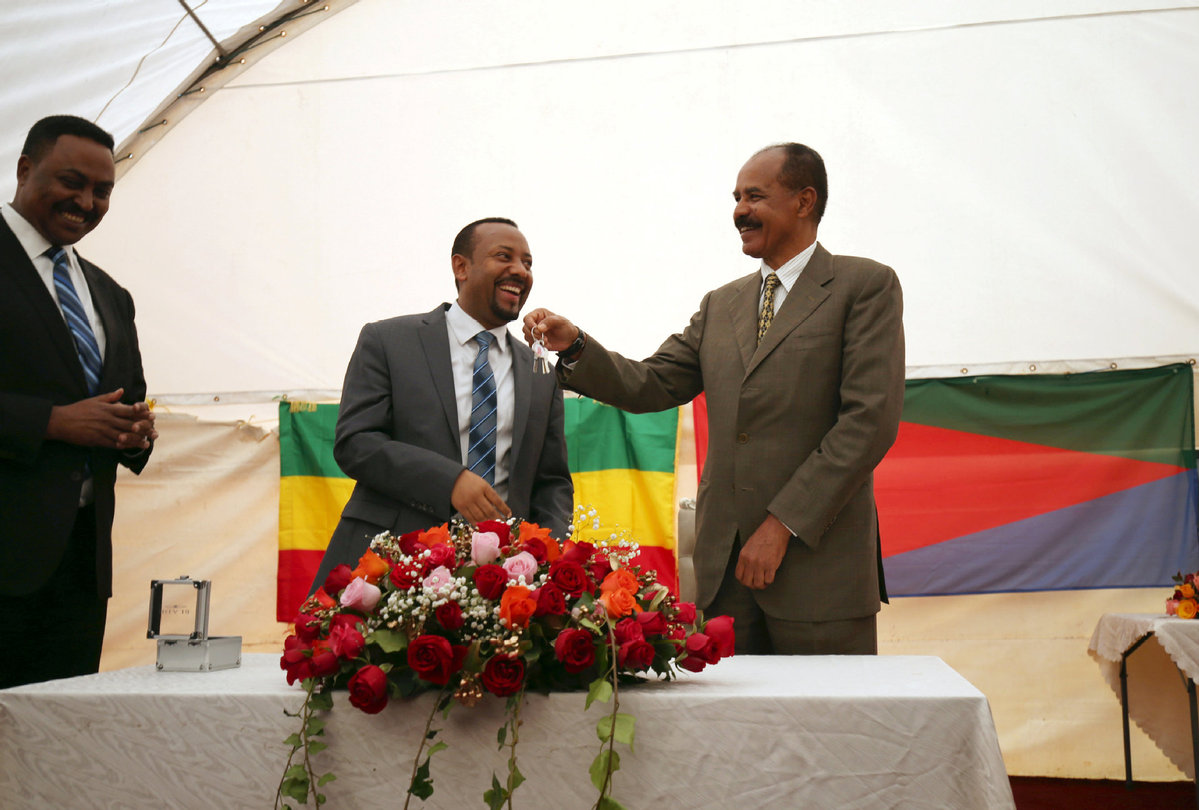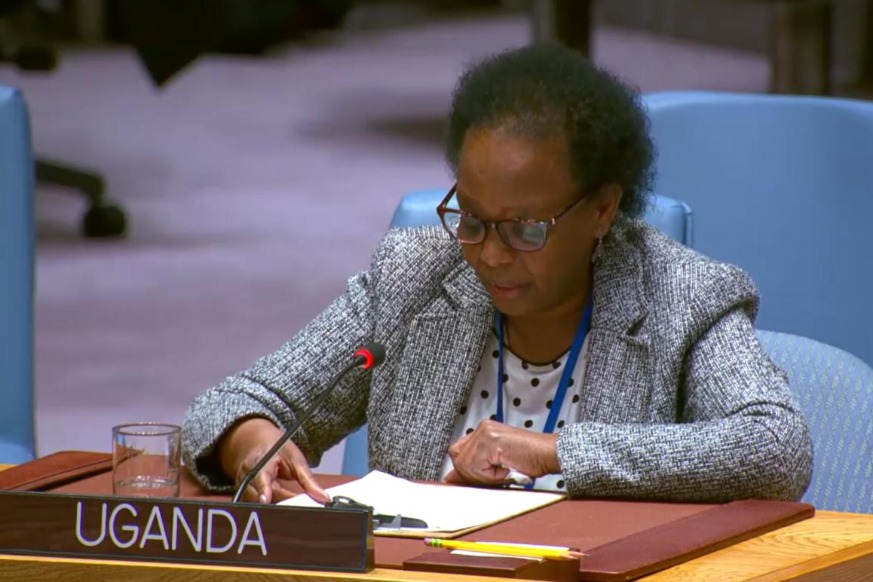Peace treaties will benefit the Horn of Africa


For Ethiopia, Eritrea, Somalia and Djibouti, normalized relations lead to coordination
A new chapter is steadily opening up in the Horn of Africa, a region that has been rocked by hostility and rivalry over the past two decades, thanks to the peace and trade agreements signed by the regional countries in 2018.
It started in July 9, 2018, when Ethiopia Prime Minister Abiy Ahmed and Eritrea's President Isaias Afwerki signed a "joint declaration of peace and friendship" at a summit in Saudi Arabia, ending enmity between the two countries that was sparked by a two-year border conflict which broke out in 1998.
Following the signing of the peace agreement, the two countries reopened air links, trade routes and embassies.
In August, Eritrea and Somalia signed an agreement to restore their relations, after nearly 15 years of hostility, in which Somalia accused Eritrea of funding al-Shabaab, a jihadist fundamentalist group, which is part of al-Qaida.
In the following month, Eritrea and Djibouti agreed to normalize ties after a decade of border disputes over the Dumeira Mountain and Dumeira Island along the Red Sea.
These developments have been welcomed by both African leaders and analysts.
Sikhumbuzo Zondi, a research assistant at the Institute for Global Dialogue associated with the University of South Africa, said the developments have brought hope to the region and Africa as a whole, because they signify harmony, multilateralism and diplomatic cooperation.
"The peace accords indicate a turning point in the continent's socioeconomic and geopolitical affairs as the Horn of Africa is home to African Union headquarters and is strategically positioned in terms of maritime trade between Africa and Western Asia, as well as the Belt and the Road Initiative," Zondi said.
He said the region is now more attractive to investments from countries including China, Saudi Arabia and United Arab Emirates.
Gerrishon Ikiara, an international economics lecturer at the University of Nairobi, said the peace developments are likely to lead to more coordinated infrastructure development among the Horn of Africa countries. The Trans-Africa Highway network that runs from Cape Town, South Africa, to Cairo, Egypt, may also be completed as well.
The highway network comprises transcontinental road projects in Africa, aimed at promoting trade and alleviating poverty in the continent through highway infrastructure development and the management of road-based trade corridors.
To guarantee the peace deals' success in the long run, Ikiara said leaders should continue with regular consultations. They should also form some kind of regional integration for the countries of the Horn of Africa, so that they have clear economic, political and legal structures guiding the process.
































